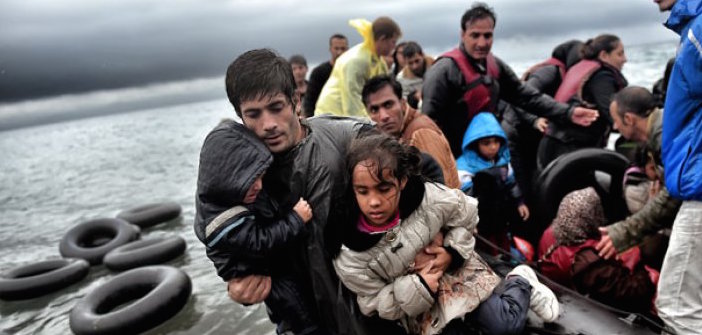Will the European Union reform the rules governing the right to asylum to allow the return of applicants to third countries before their cases are examined?
This project is specifically inspired by the agreement signed between the EU and Turkey in March 2016, which was largely influenced by Germany.
This Turkish-European arrangement, opposed by human rights defense associations, provides for the return to Turkey of all people arriving illegally on the Greek islands in the Aegean Sea. This agreement has “changed the game” and could serve as a model for the future.
It is estimated that facilitating deportations – even of asylum seekers – would deter migrants from paying smuggling networks and risking their lives and instead direct them towards a mechanism of legal admissions with care in third countries while their applications are reviewed.
As it stands, while the EU claims to have the right to return all economic refugees, European law on human rights and asylum stipulates that an asylum seeker can only be expelled to third countries meeting certain conditions.
However, very few of the EU’s neighboring countries meet these standards (protection against persecution, humane living conditions for refugees, and at least partial access to health services, education, and the labor market).
The proposal therefore suggests, rather than determining whether an entire country is “safe” or not, to work at the level of regions or other subdivisions.
Would these new rules remain in compliance with the fundamental criteria of the Geneva Convention on refugee rights and the European Convention on Human Rights?


